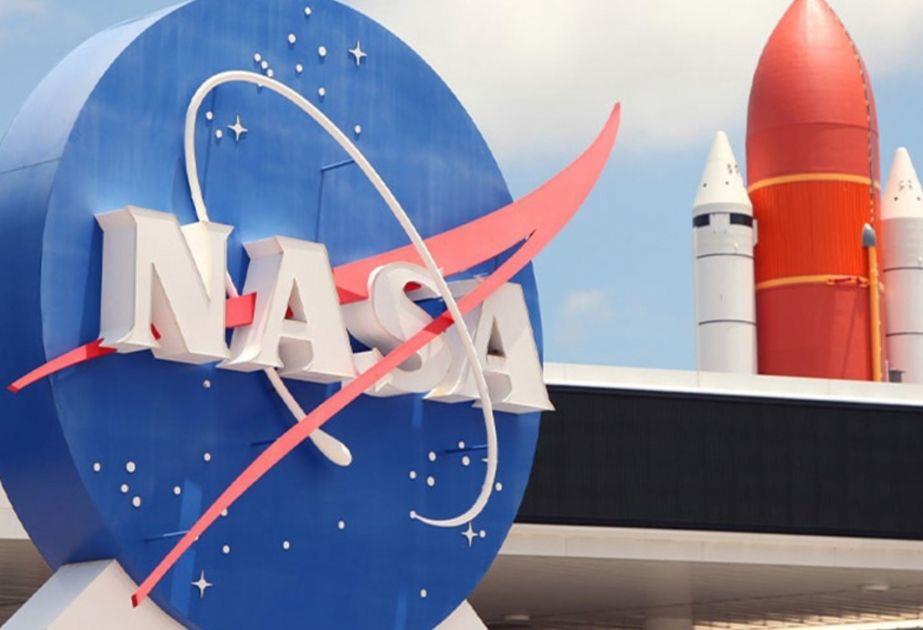
NASA Cancels OSAM-1 Satellite Servicing Technology Mission
In a brief statement March 1, NASA announced it was ending the On-Orbit Servicing, Assembly and Manufacturing (OSAM) 1 mission. OSAM-1 was being developed to refuel the Landsat 7 spacecraft and then perform the in-orbit assembly of a Ka-band satellite antenna.
NASA said it was canceling OSAM-1“due to continued technical, cost, and schedule challenges, and a broader community evolution away from refueling unprepared spacecraft, which has led to a lack of a committed partner.”
The agency said that, after formal congressional notifications of its decision, it would start the process for an orderly shutdown, which would include transferring hardware and“pursuing potential partnerships or alternative hardware uses.”
NASA said it would also review how to mitigate the impact of the cancellation on the workforce at the Goddard Space Flight Center, which was leading OSAM-1. NASA spokesperson Jimi Russell said there are approximately 450 NASA employees and contractors working on OSAM-1, and that NASA“is committed to supporting project workforce per plan through fiscal year 2024.”
OSAM-1 started about a decade ago as Restore-L, with the goal of launching as soon as 2020 to refuel Landsat 7. The mission was renamed OSAM-1 in 2020 with the addition of payloads to perform in-space assembly and manufacturing activities.
The mission, though, suffered significant cost overruns and delays. As of April 2022, the mission's total cost, once projected to be between $626 million and $753 million, had grown to $2.05 billion and its launch delayed to December 2026. NASA's Office of Inspector General (OIG), in an October 2023 report, concluded the project would likely suffer additional overruns, with an estimated cost at completion as high as $2.17 billion and a launch of between March and June 2027.
A key factor in OSAM-1's problems, the report concluded, was the performance of Maxar, which is supplying both the spacecraft bus as well as the robotics payload, called Space Infrastructure Dexterous Robot (SPIDER), under contracts with a combined value of nearly $316 million. Maxar delivered the OSAM-1 bus in September 2023, two and a half years behind schedule, and was running more than two years late with the deliveries of SPIDER components, OIG found.
Maxar acknowledged in the report that they had“significantly underestimated the scope and complexity of the work” modifying one of its 1300-series satellite buses, designed for commercial geostationary orbit communications satellites, for use on OSAM-1 in low Earth orbit. The company also had technical problems with SPIDER as well as issues managing subcontractors. NASA said in September 2023 it has removed one element of SPIDER called MakerSat, which would have manufactured a composite beam, to focus on its servicing and assembly technologies.
Legal Disclaimer:
MENAFN provides the
information “as is” without warranty of any kind. We do not accept
any responsibility or liability for the accuracy, content, images,
videos, licenses, completeness, legality, or reliability of the information
contained in this article. If you have any complaints or copyright
issues related to this article, kindly contact the provider above.


















Comments
No comment